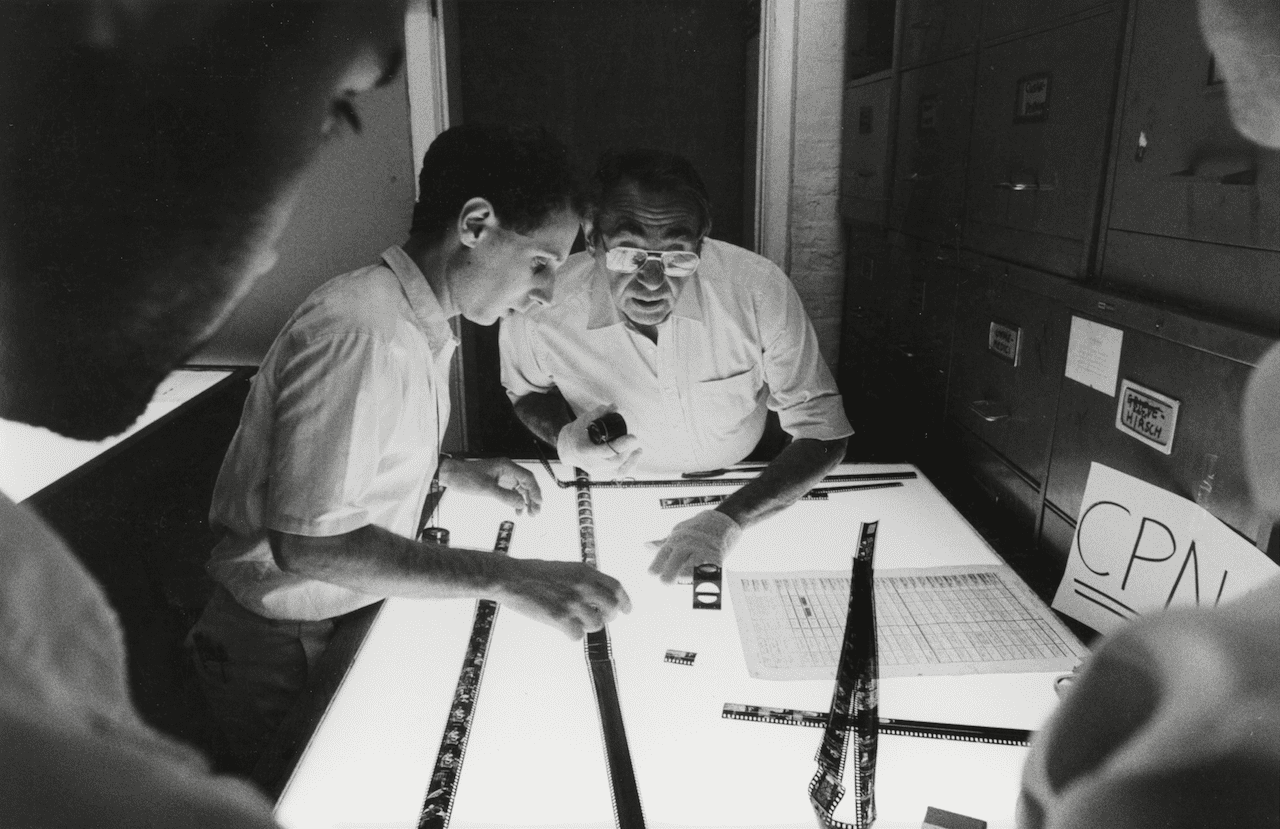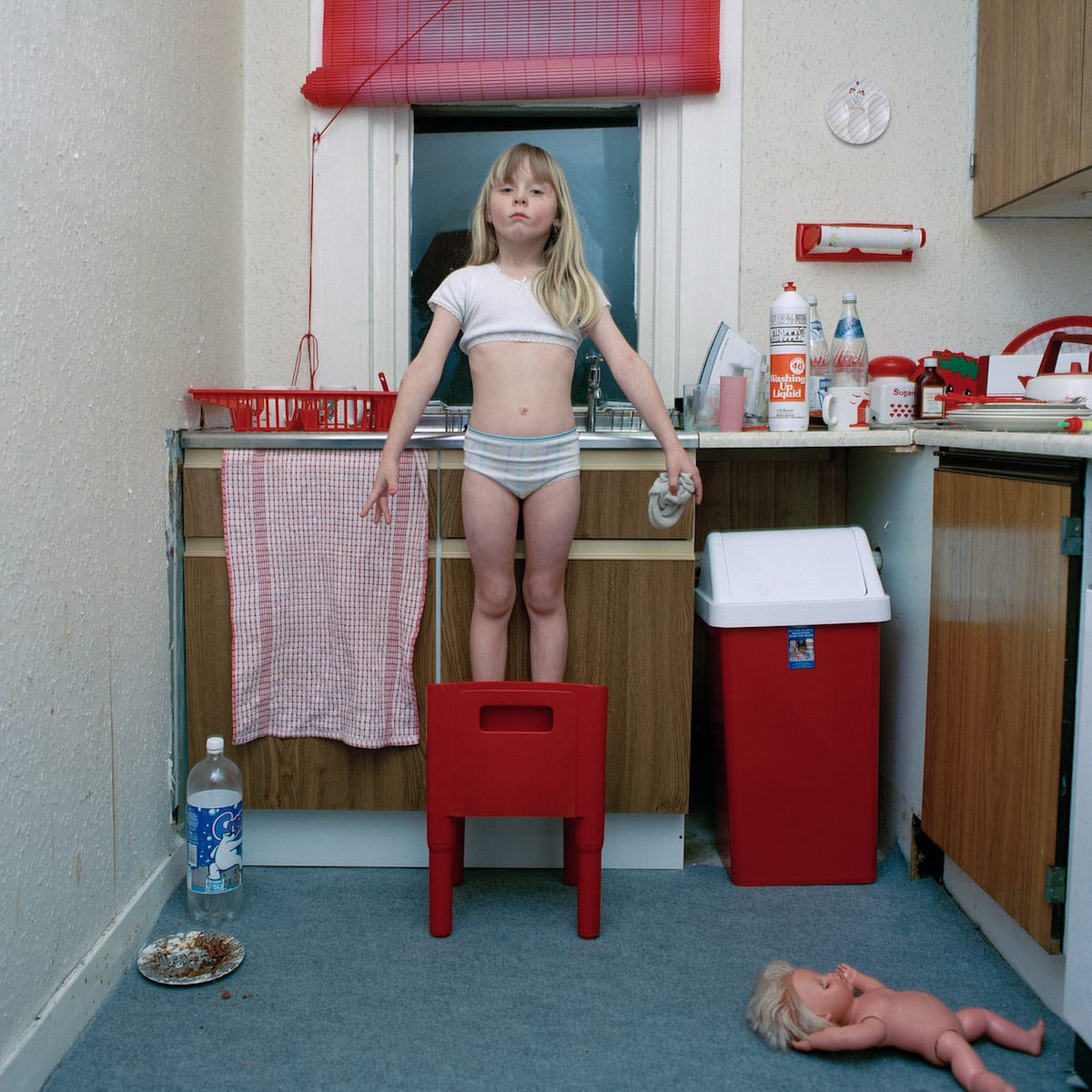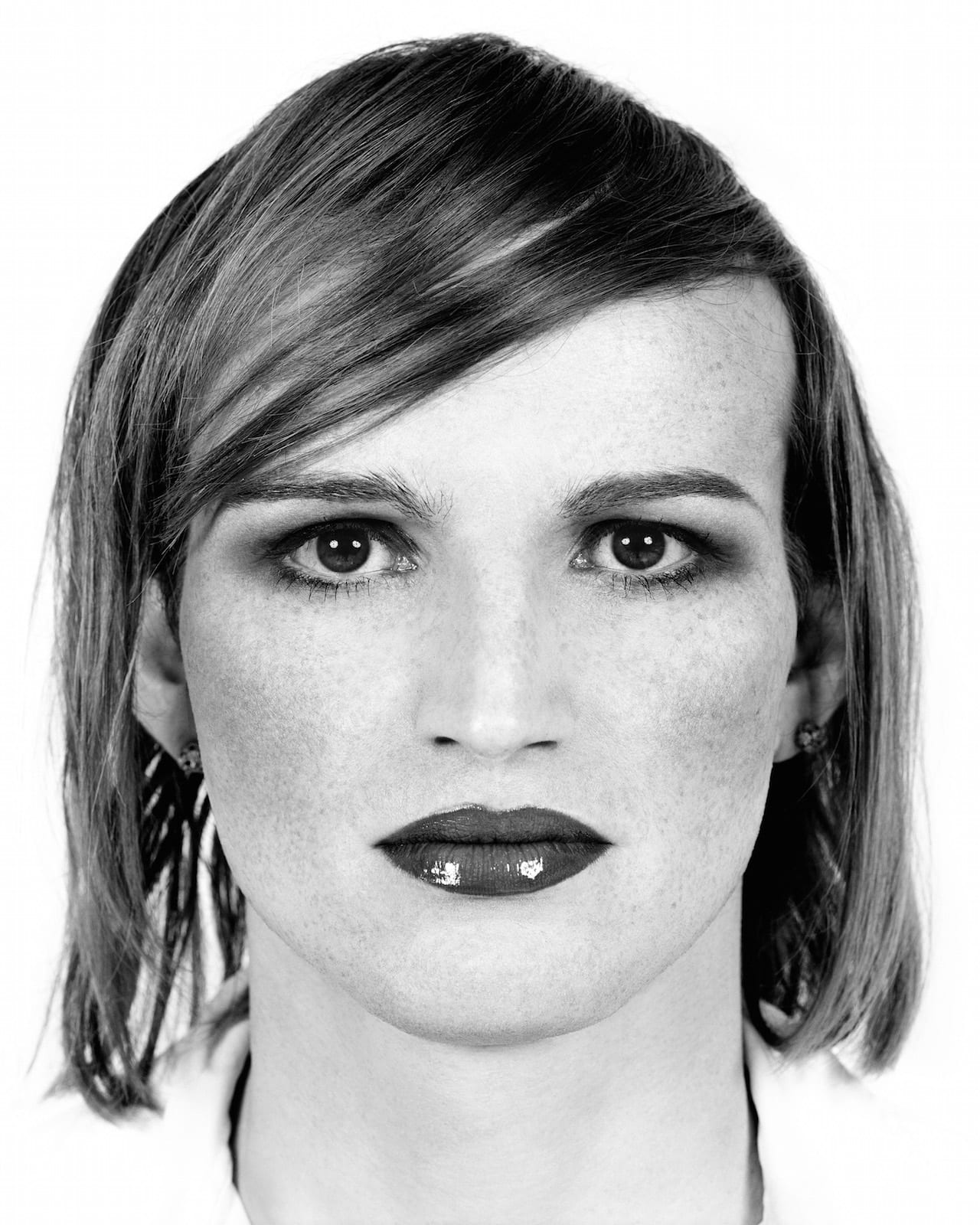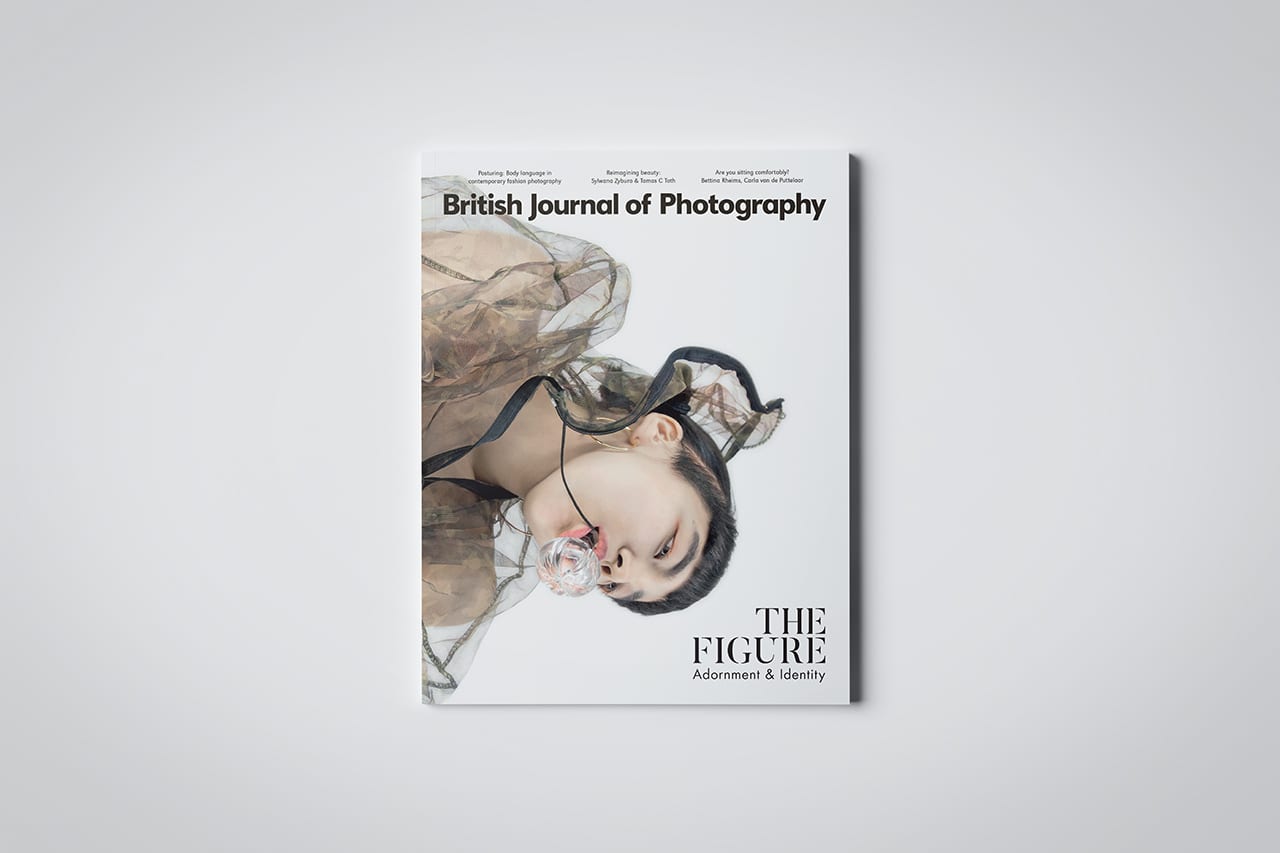Born Ferenc Saluzinszky in Budapest, Hungary on 12 January 1918, Frank Selby first moved to the UK in 1936 to read Economics at Fitzwilliam College, Cambridge. He returned to make Britain his permanent home in 1939 when, under pressure from the Nazis, his father Imre Saluzinszky was forced to give up his position as editor-in-chief of the Az Est newspaper group. Saluzinszky decided to Anglicise his name and to join the Pioneer Corps of the British Army – a move that happily helped him meet his future wife and business partner Elizabeth Guttman, also from a Jewish-Hungarian family and then working for the French resistance in London. Frank and Elizabeth married in 1948 and within six years had set up Rex Features, a picture agency that become a lynchpin of Britain’s newspaper business.










